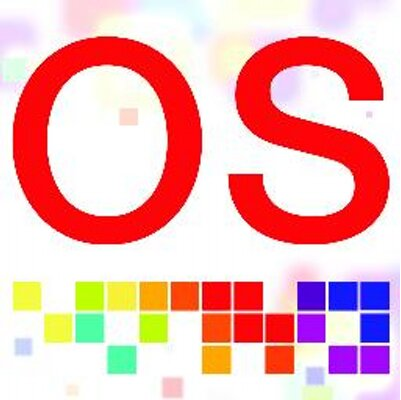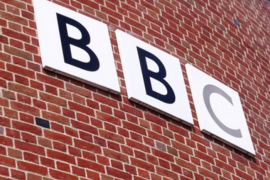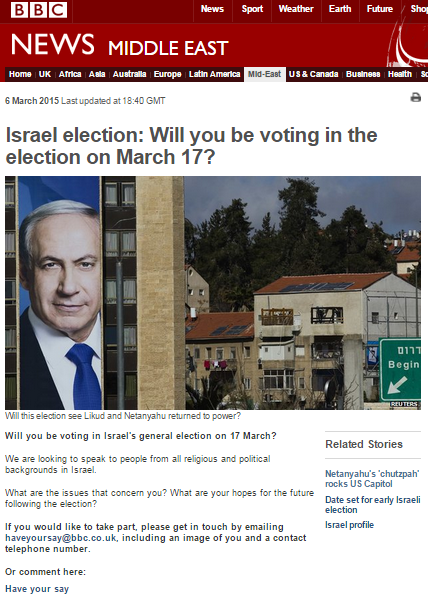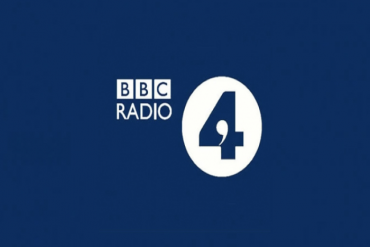h/t ED
The August 28th edition of the BBC World Service radio programme ‘BBC OS’ closed with an item (from 48:15 here) promoting the filmed report about teenage Palestinian detainees published on the BBC News website on the same day which was discussed in an earlier post.
[emphasis in italics in the original]
Luke Jones: “Now one of the most watched videos on the BBC News website today focuses on Palestinian children who have been incarcerated in jails in Israel. Megha Mohan, the BBC’s Gender & Identity reporter made the video, met some of the families of these children. She’s joined us at our desk here in the newsroom. When did you first come across this as a thing that was happening?”
Mohan stated that it was not her idea but that of Yousef Eldin – the video’s producer – claiming that:
Mohan: “…the news peg for it was a couple of months ago when the Israeli Supreme Court denied a petition to allow Palestinian children in incarceration to have phone calls with their parents.”
The Supreme Court did not ‘deny’ that petition from the political NGO HaMoked: it refused to discuss it because it had not been first submitted by an individual prisoner to a District Court.
After Mohan had claimed that the “conversation” had been “bubbling around” since the year 2000, Jones asked:
Jones: “And why are these children incarcerated in the first place?”
If listeners thought they were going to be given information about terror attacks and assaults on security personnel carried out by Palestinian minors, they would be disappointed.
Mohan: “So this is when you get into technical international law. So the West Bank as we call it is occupied territory which means there’s a…it’s the only place in the world where there’s a dedicated juvenile military court system that Israel says they have to impose because they are the occupiers. So it has to…so if it’s Palestinian children they have to put them through a military court procedure. However if it’s Israeli children they go through civilian procedure. However, the process that we found when we were out in the West Bank for these children being arrested – and when we say children we mean by international law so that’s under 18s: Generation Z – when they are being arrested, a number of the clauses from the United Nations Convention on the Rights of the Child – which is a legally binding human rights document that Israel is signatory to – a number of those clauses were failed. So things like being allowed to have translators, being allowed to have legal representation. A lot of the children we interviewed told us that wasn’t the case.”
Jones: “You did the video, which lots of people are watching online. You also did a radio piece as well. Let’s listen to a bit of that.”
Listeners then heard a clip presented by Mohan as follows:
“Malah is now 16 years old. At 14 she was arrested at a checkpoint for an alleged knife attack on Israeli soldiers.”
The teenager was described as having spent “8 months in detention” and audiences heard her account of how she refused to sign a document allegedly written in Hebrew before saying:
“…and I said no, I haven’t done anything.”
As we noted earlier, apparently the BBC thinks it legitimate to portray travelling to a checkpoint with a knife and failing to stop when told to do so by police officers as “haven’t done anything”.
Mohan went on to claim that “what we wanted to do…was to just really stick to the legal aspect of this…” and that the ‘children’ she interviewed “were also speaking on a legal ground. They want the, you know, kind of right to defend themselves”.
Jones next asked “what did the Israeli authorities say about this?”.
Mohan: “They said that they don’t believe that they’ve broken any of the UNCRC rules and they said it’s not a perfect procedure but they, you know, they’re doing what they can.”
Jones: “Were you surprised by that?”
Mohan: “Ehm I…[laughs] was I personally surprised by that? Probably not.”
Jones: “And some of the people who…we were hearing there were being interrogated in Hebrew so they didn’t necessarily even know what was happening.”
Mohan: “They were made to sign confessions in Hebrew. So the interrogations were happening without lawyers for, in the case of Ahed Tamimi, over several days, several times but the confessions were in a language they couldn’t understand.”
In the video former IDF chief military prosecutor Maurice Hirsch clarified that the claims that teenagers had been asked to sign confessions “they couldn’t understand” is not true. That information was not communicated to listeners to this programme and as we see, Megha Mohan chose to repeat those unsubstantiated allegations anyway.
The BBC is clearly very keen to widely promote this report to its audiences even though it is based entirely on claims that the BBC has obviously not been able to independently verify made by a handful of teenagers convicted of acts of violence whom it is quite possible were put in contact with the BBC by the political NGO Addameer whose director was featured in the video.
But the BBC evidently has no intention of allowing facts to get in the way of the political narrative to which Yousef Eldin and Megha Mohan have self-conscripted.
Related Articles:
Partisan report on detained Palestinian ‘children’ from BBC’s Gender and Identity correspondent




